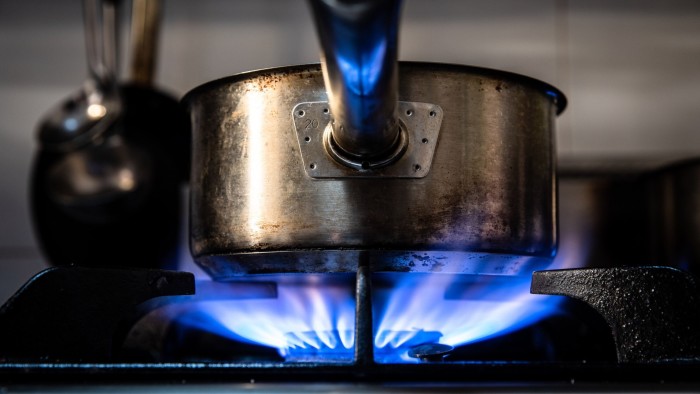Stay informed with free updates
Simply sign up to the UK energy myFT Digest — delivered directly to your inbox.
Britain’s domestic gas supplies are set to decline this winter as the country deepens its reliance on imports from around the world, according to the owner of its transmission network.
National Gas, which is owned by Macquarie, expects Britain to get 6 per cent less gas from UK offshore fields this winter compared with last, and 7 per cent more imported liquefied natural gas.
It expects gas demand to be slightly lower, but storage supplies also to fall, meaning the net effect is overall tighter winter supply margins, akin to those seen in 2019-2021.
“Our margins for winter 2025/2026 are tighter than we have seen in the last four years,” the company said in its annual winter outlook, published on Thursday.
“This is largely due to the well documented continued decline in supplies from the UK Continental Shelf.”
Gas makes up 35 per cent of the UK’s energy demand, but production from the North Sea basin has been steadily declining for years.
Production reached its lowest level since 1973 last year, according to official government statistics, and fell 10 per cent between 2023 and 2024.
The UK government is consulting on plans to stop issuing new exploration licences for new oil and gasfields, as part of its climate goals.
Norway, which sends gas to the UK through undersea pipelines, overtook Britain as the largest gas supplier in 2021.
It is expected to account for around 36 per cent of Britain’s gas supplies this winter, compared to 33 per cent from domestic production, and 24 per cent from the global LNG market.
Supplies of LNG are the “key source to meet rising winter demand”, National Gas said, given the flexibility of a market in which ships can be redirected at sea if they get a higher bid.
The trend towards LNG means changes to the way National Gas runs its network, as it increasingly moves gas from LNG import terminals in Wales and southern England.
“Our system was designed to move gas primarily from Scotland,” said Jon Butterworth, chief executive of National Gas.
“We have diversity of supply, which is a good thing. But our systems have had to be adapted and reconfigured.”
He said that while he had “no worries” about security of supply this winter, attention needed to be paid to managing gas supplies in future given the decline of North Sea production.
Butterworth added that the issue of cyber security “keeps me awake at night”. The issue has risen up the agenda in Britain following a series of damaging attacks on companies including carmaker Jaguar Land Rover and retailer Marks and Spencer.
“We discuss it all the time at our board,” he added. “We have got 40-plus of the cleverest people in cyber working for us directly.”
Separately, in its outlook for electricity supplies this winter, the National Electricity System Operator said the growth of battery storage sites had contributed to the highest expected winter supply buffer since 2019/2020.
However, it also cautioned there could be “some tighter periods” when the state-owned body might have to call on the market to increase supply at short notice.

